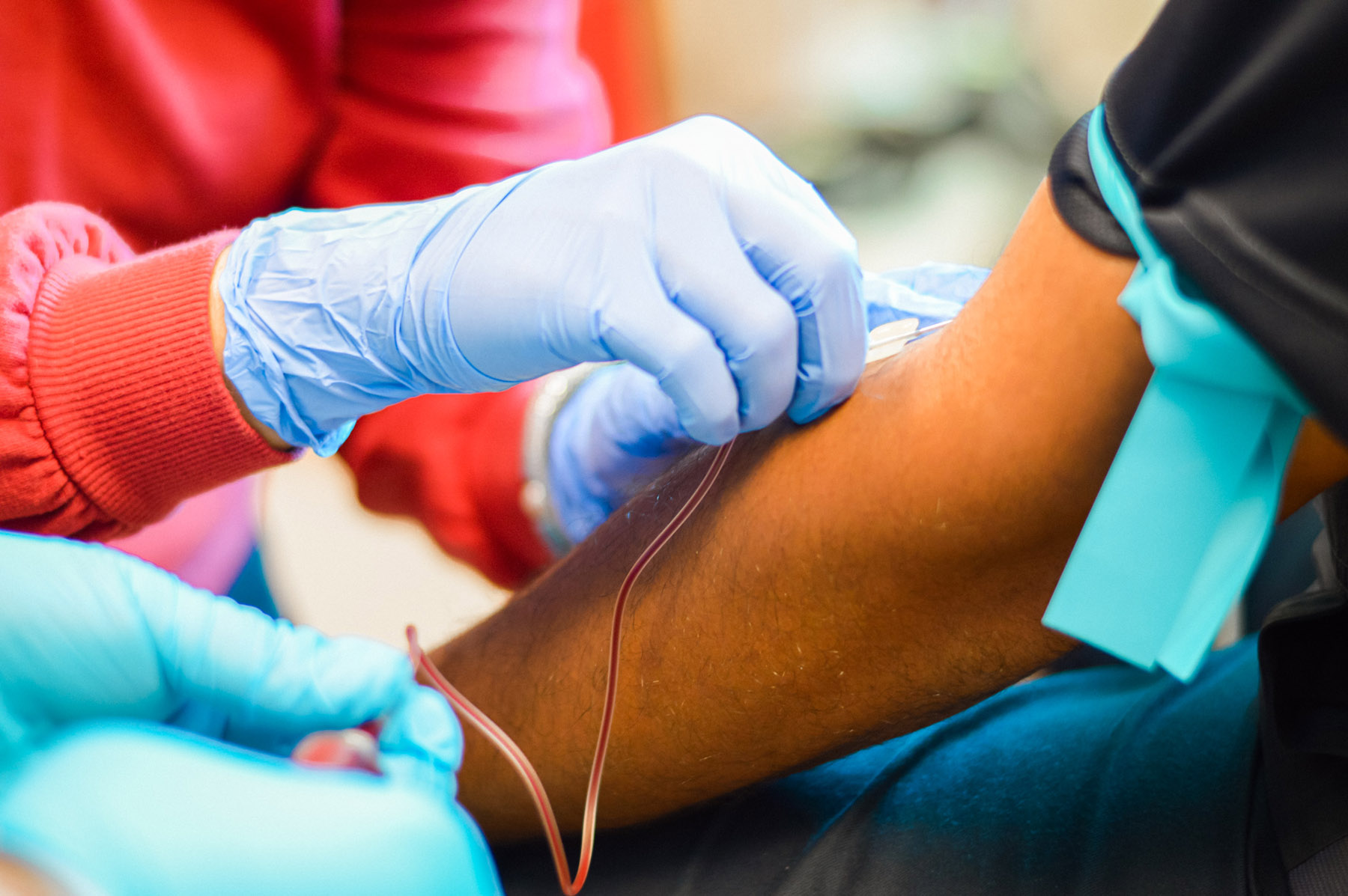PURPOSE:
The purpose of this study was to determine the effects of blood flow restriction (BFR) using a pneumatic tourniquet on CD34+cells, platelets, white blood cells, neutrophils, lymphocytes, lactate, and glucose compared with standard exercise.
METHODS:
Fifteen healthy volunteers (8 males and 7 females, 28.6 ± 3.6 years old) who were able to perform the exercise sessions on a VersaClimber participated. Participants were randomized to undergo an experimental (EXP) occluded testing session using the pneumatic tourniquets on all 4 extremities and a control (CON) session. The exercise protocol concluded after 9 minutes or when participants reached a rating of perceived exertion of 20. Blood draws were performed before testing and immediately after the exercise session. Blood analysis consisted of complete blood counts as well as flow cytometry to measure peripheral CD34+ counts as a marker for hematopoietic progenitor cells (HPCs).
RESULTS:
A significant increase from before to after exercise values was observed in both the EXP and CON groups with CD34+, WBC counts, platelets, and lymphocytes; however, no differences existed between EXP and CON groups for any variable. CD34+increased in the EXP (3.1 ± 1.6 vs. 4.3 ± 1.8 cells · L–1; P < .001) and CON (3.3 ± 1.9 vs. 4.4 ± 1.4 cells · L–1; P < .001) sessions. White blood cells also significantly increased in both the EXP (7.8 ± 1.4 vs. 11.8 ± 2.5 K · L–1 K · L–1; P < .001) and CON (7.5 ± 1.8 vs. 11.3 ± 3.0 K · L–1; P < .001) sessions. Platelets also increased in both the EXP (258.6 ± 52.5 vs. 309.9 ± 52.7 K · L–1; P < .001) and CON (263.1 ± 44.7 vs. 316.1 ± 43.9 K · L–1; P < .001) sessions, and conversely, a significant decrease in the average neutrophil counts in the EXP (mean difference = –13.7%; P < .001) and CON (mean difference = –13.2%; P < .001) sessions was observed. Lymphocyte counts in the EXP (mean difference = 22.8%; P < .001) and CON (mean difference = 19.3%; P < .001) sessions increased significantly.
CONCLUSION:
There were no significant differences in systemic cellular responses when undergoing aerobic-based exercise with and without a pneumatic tourniquet system.



